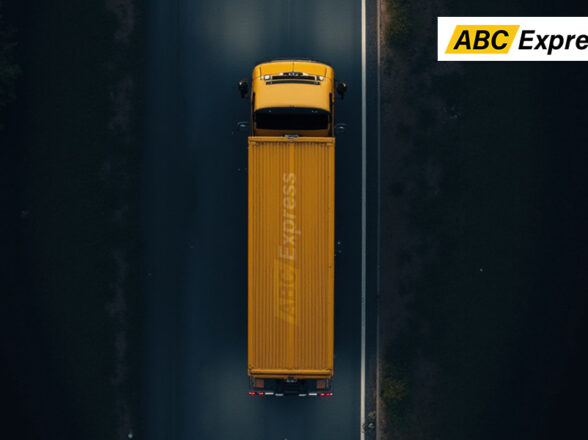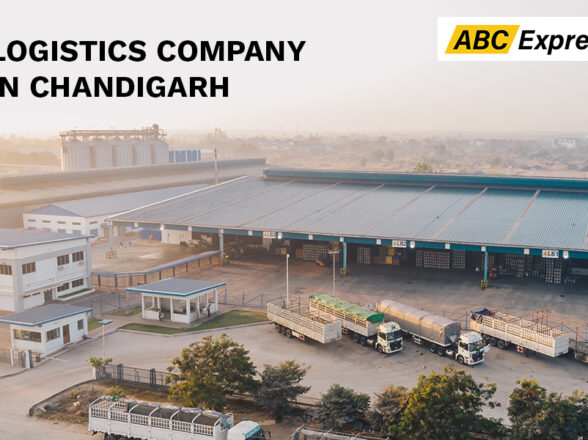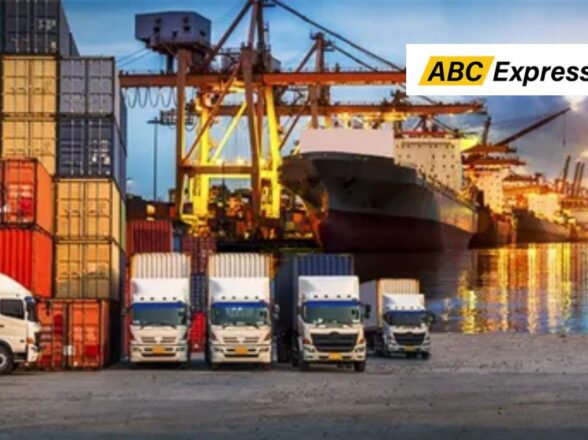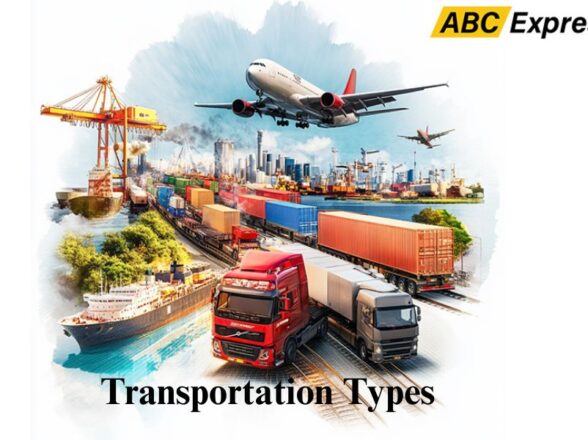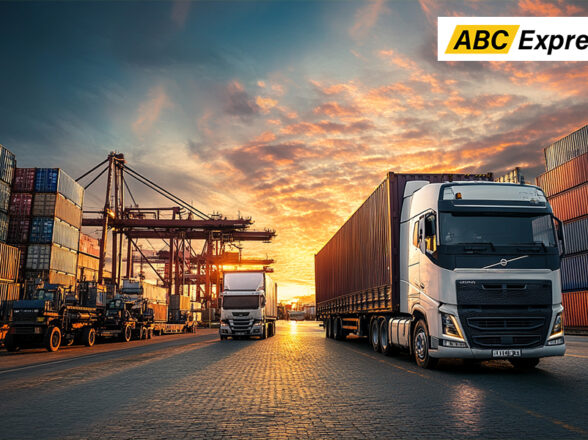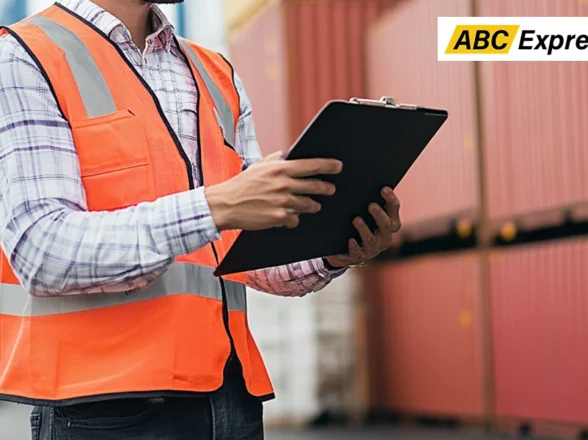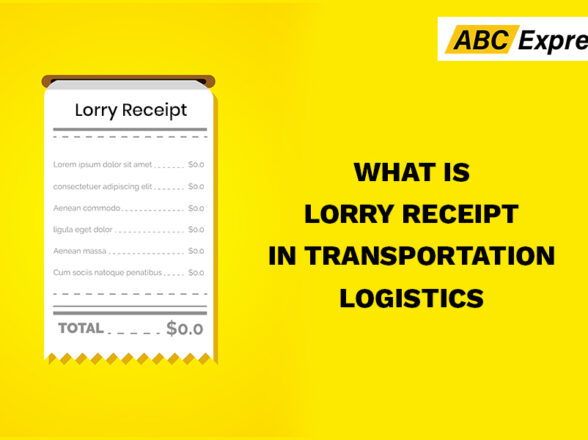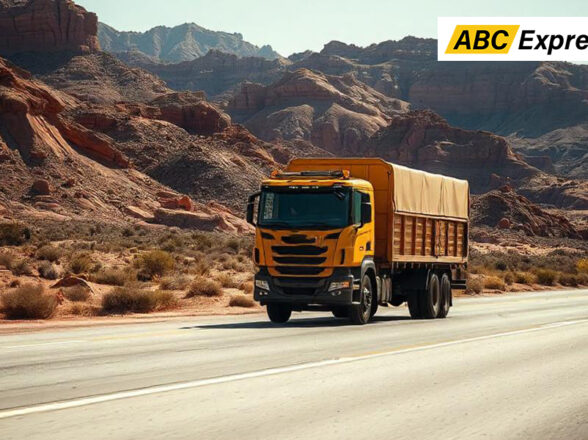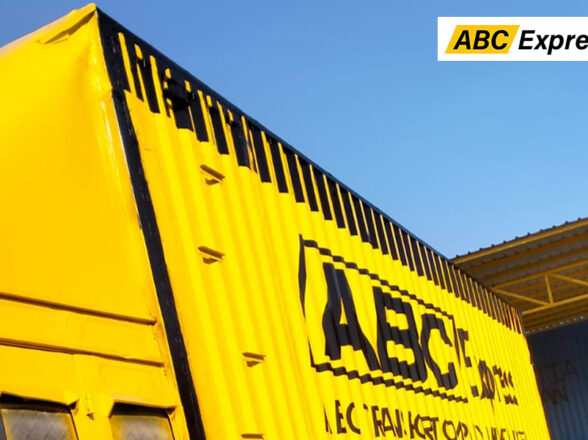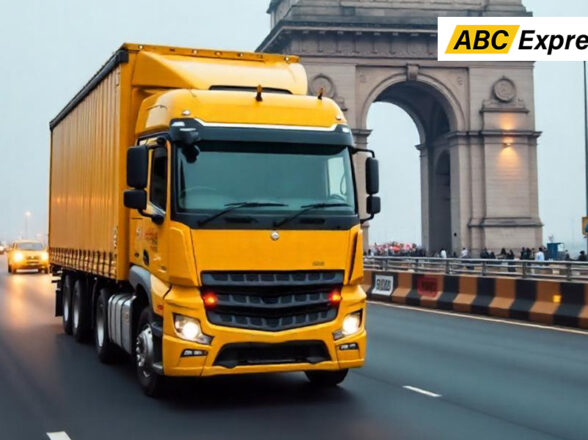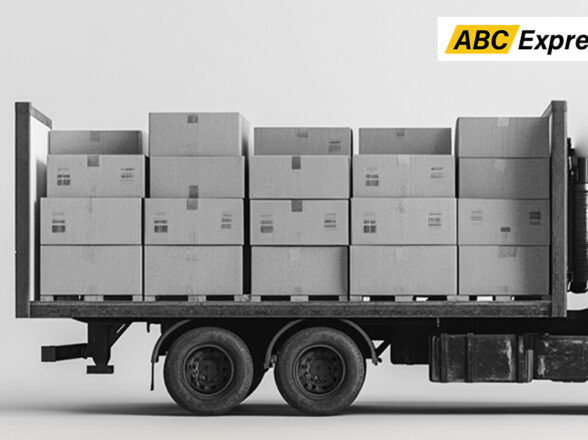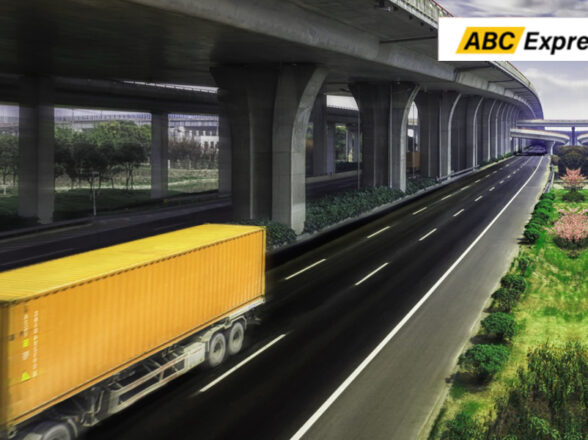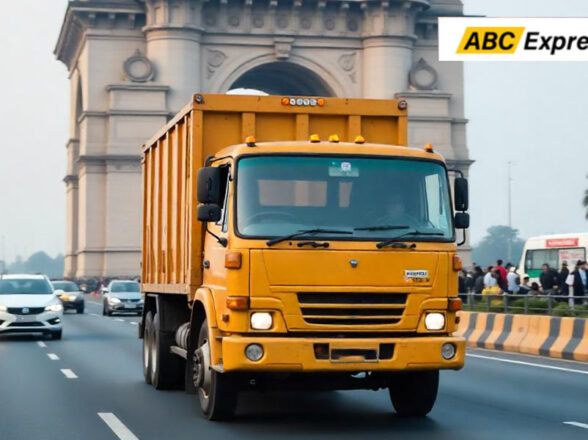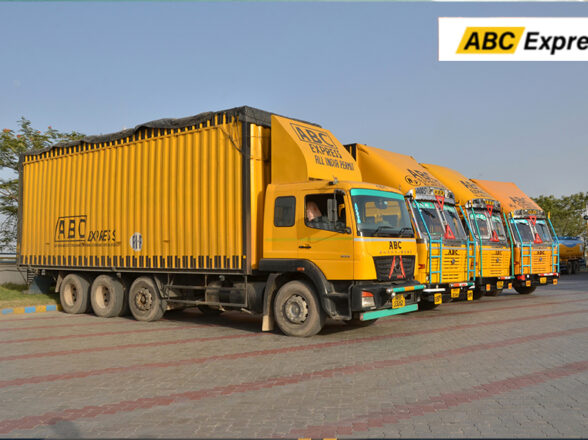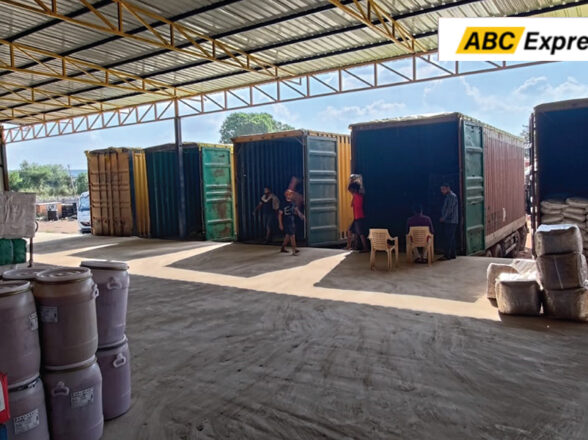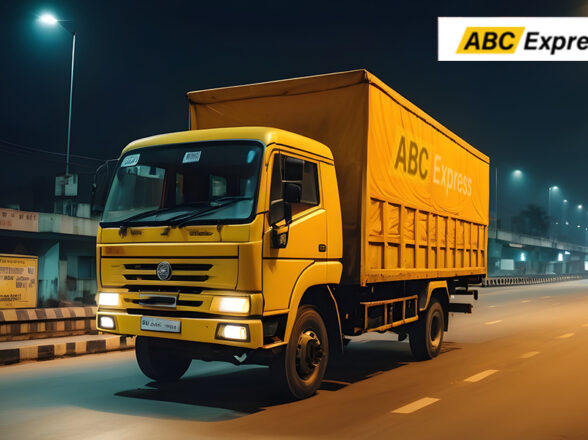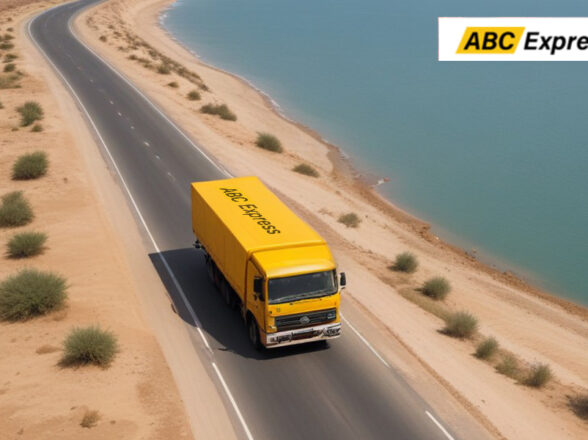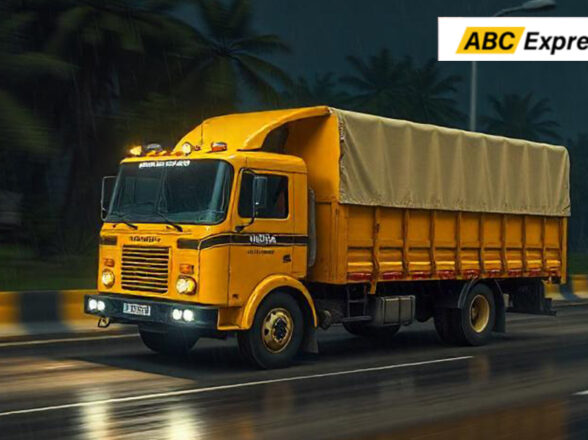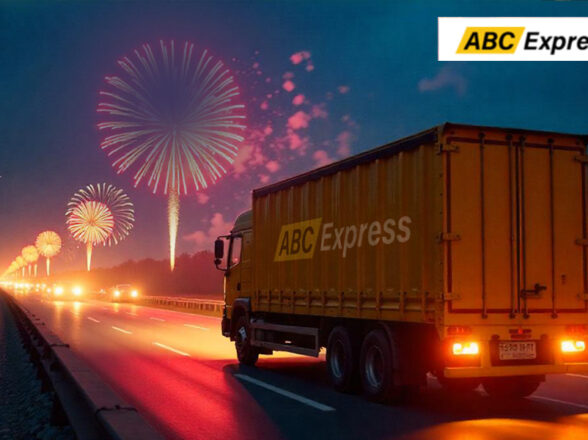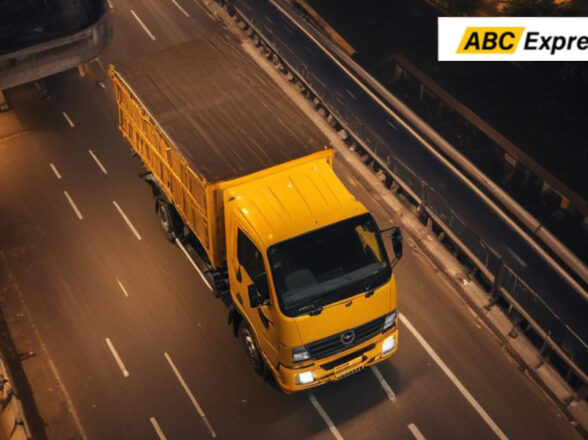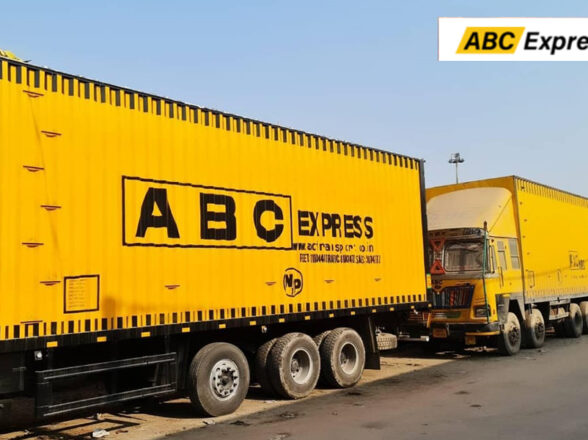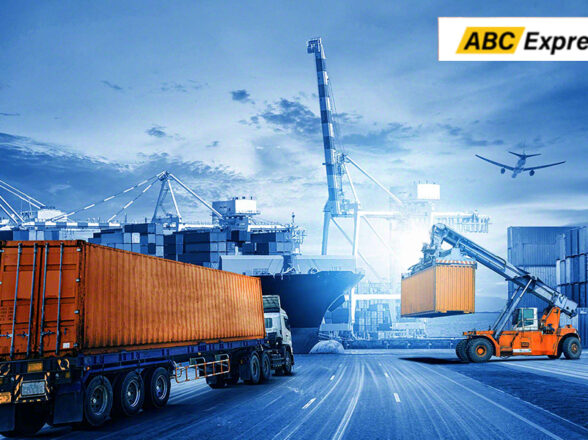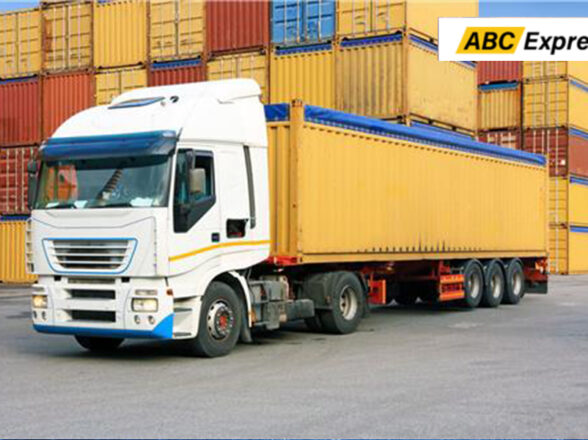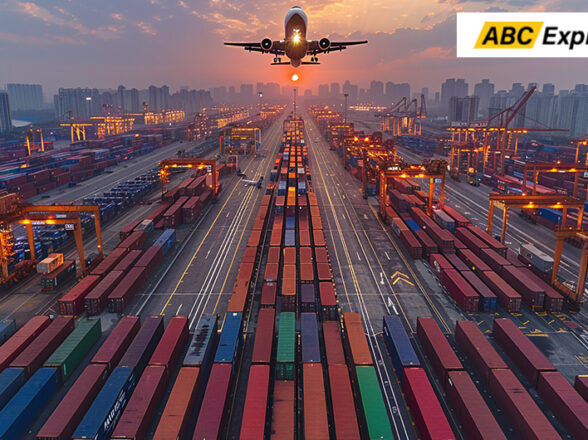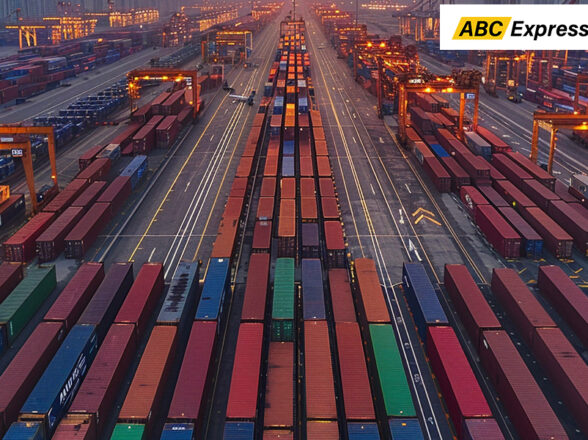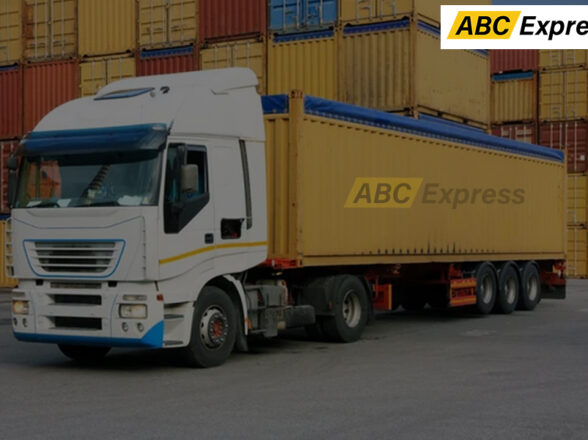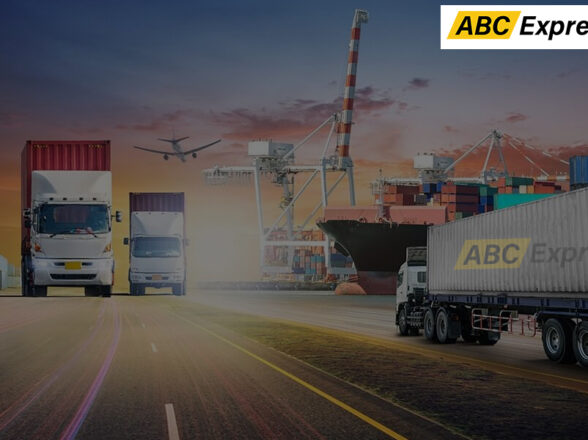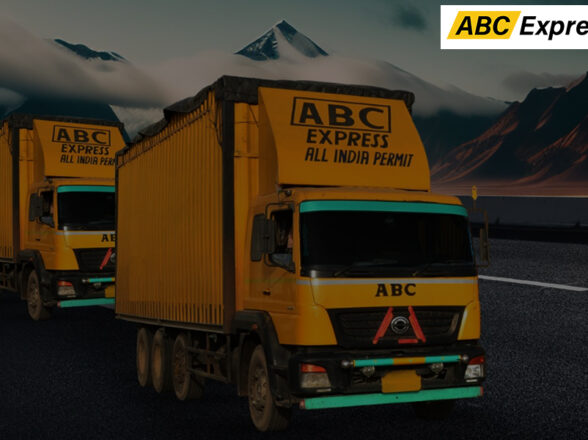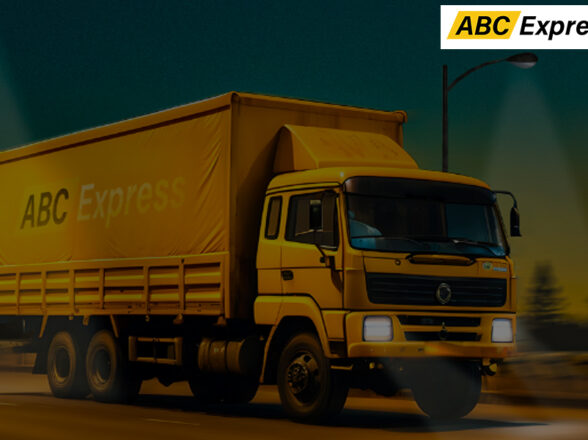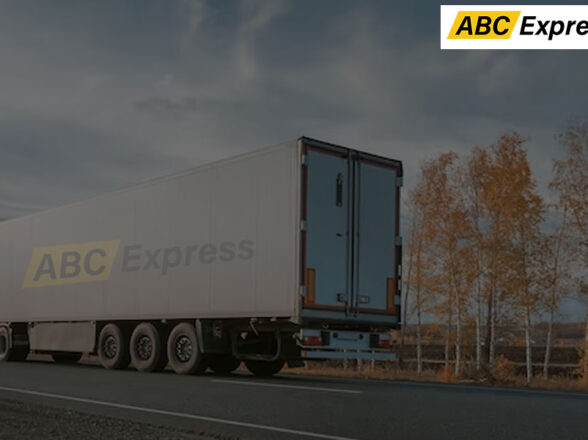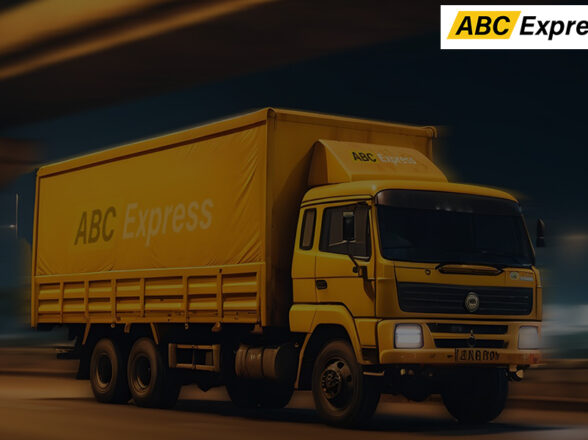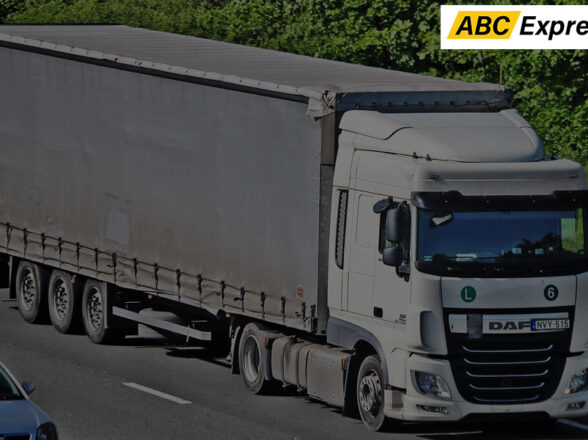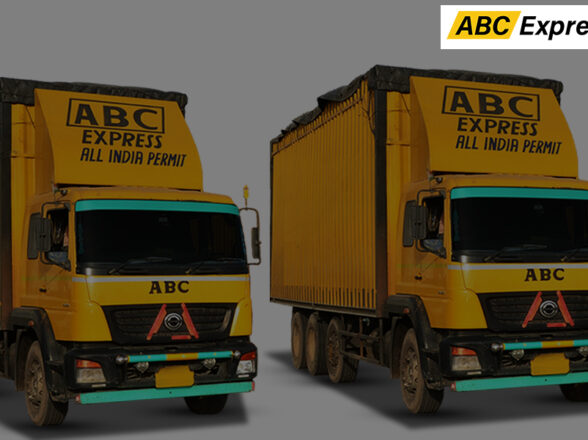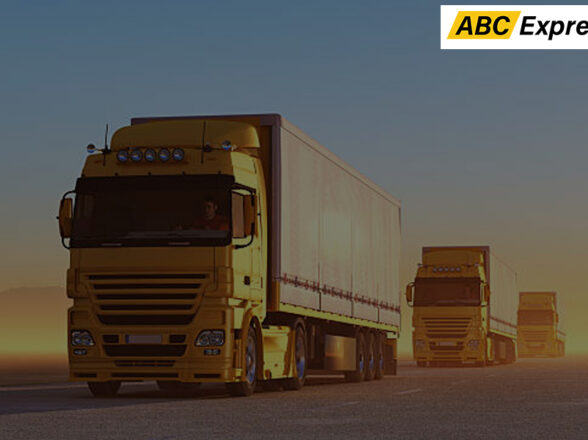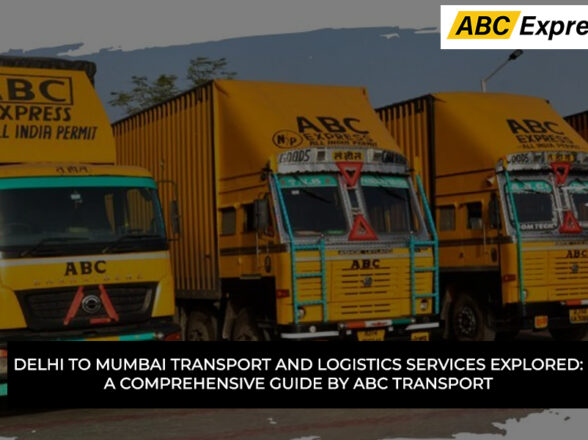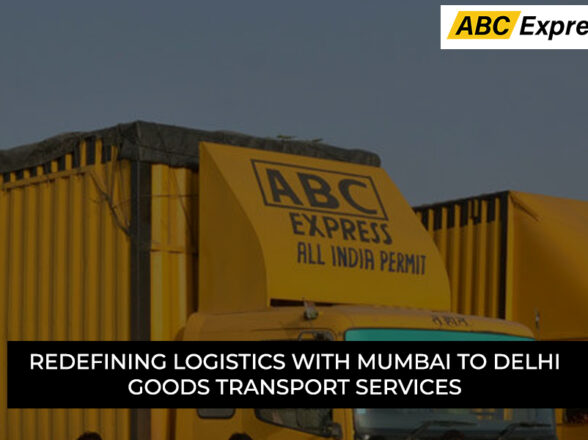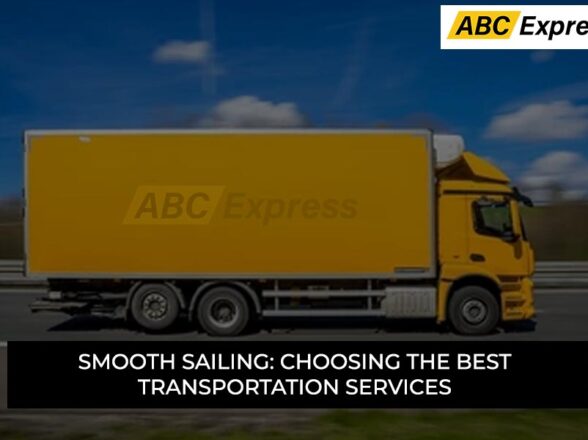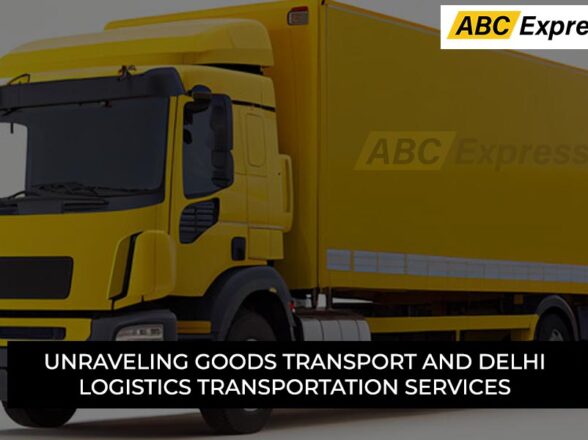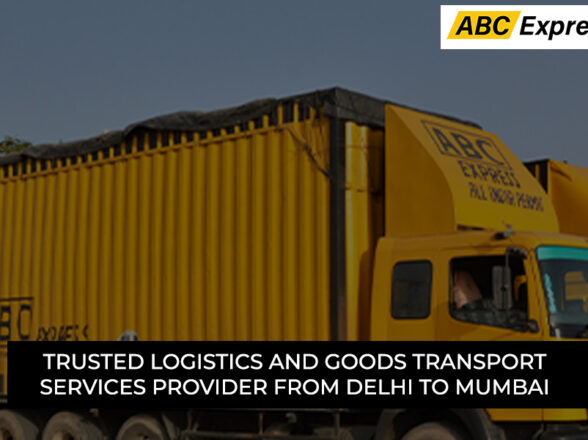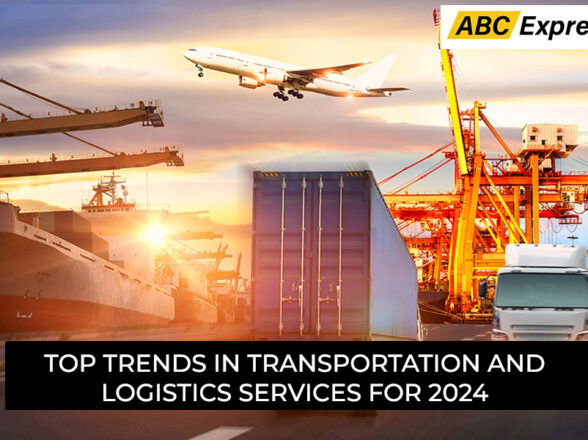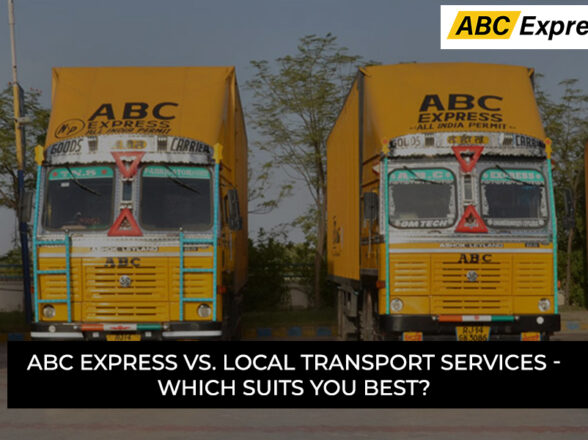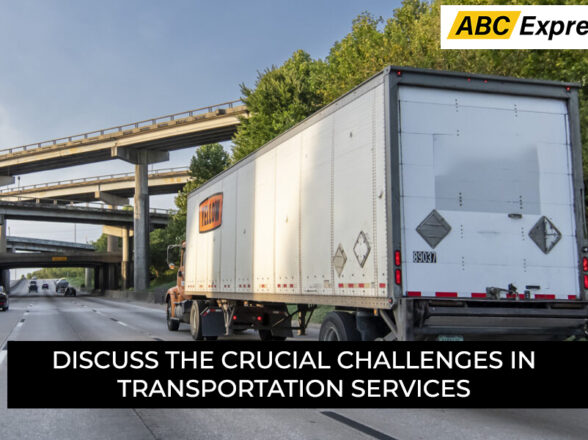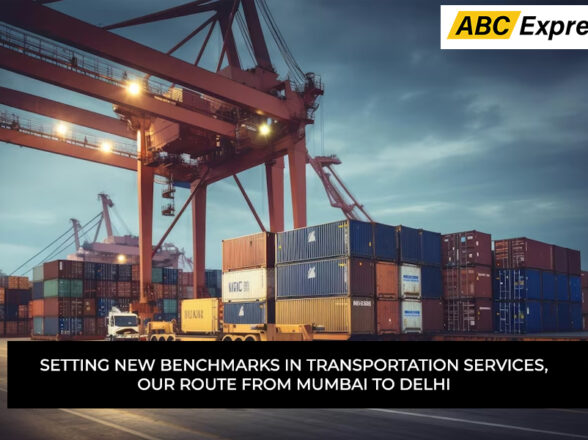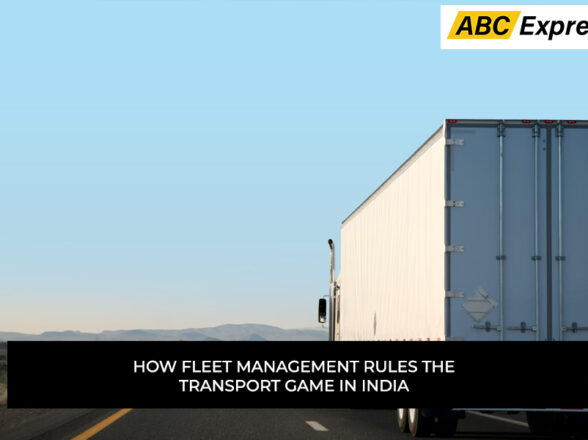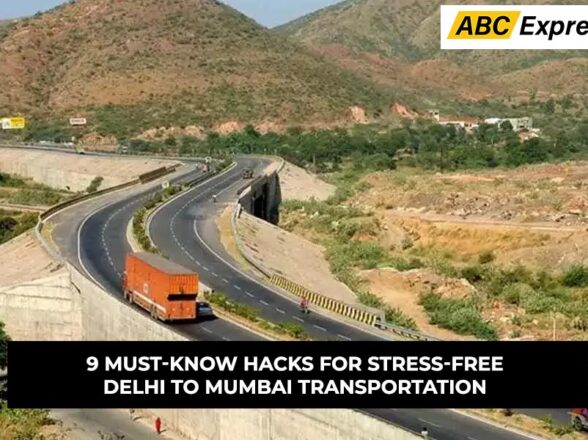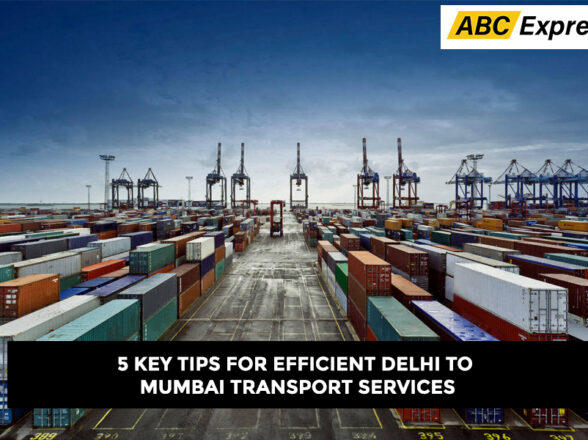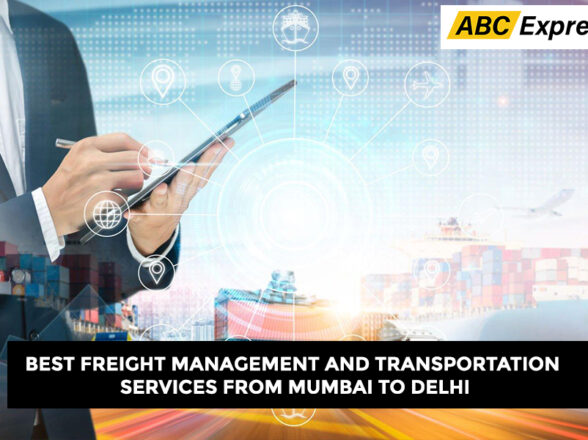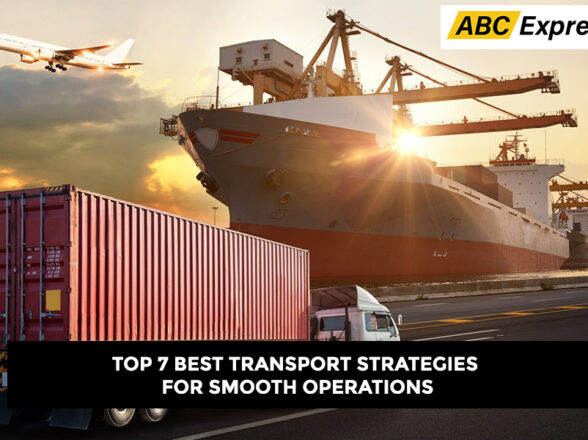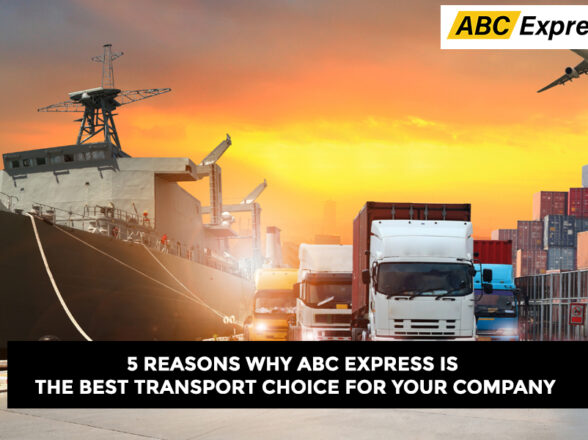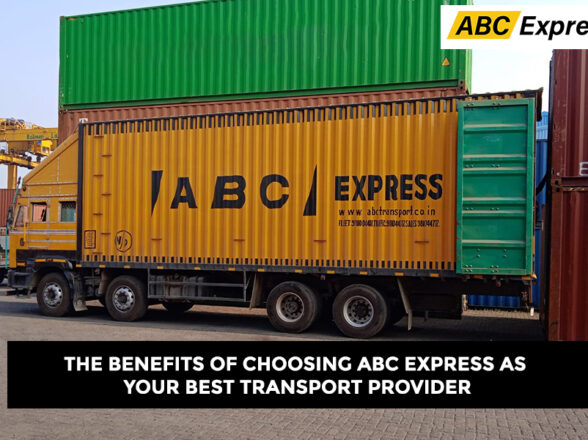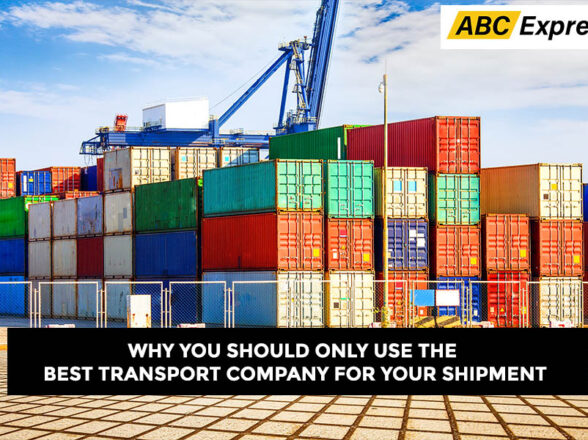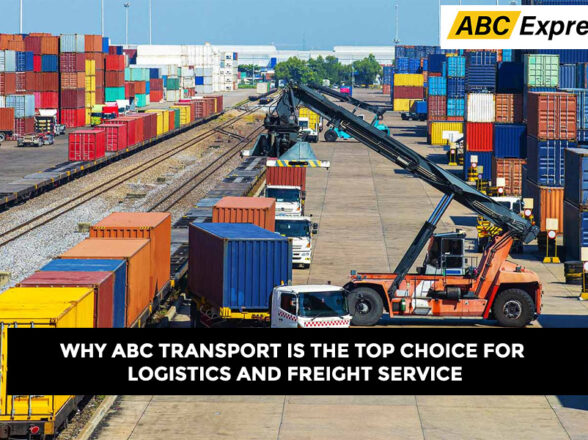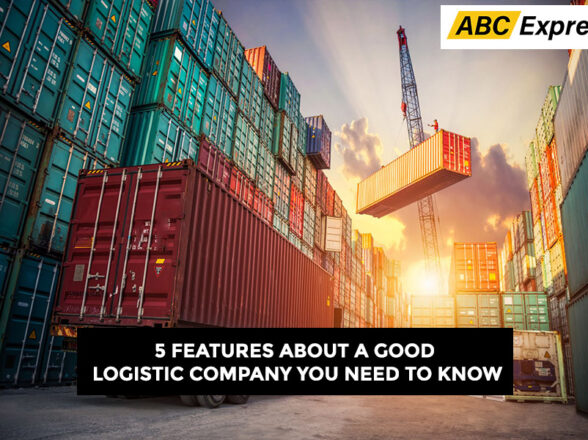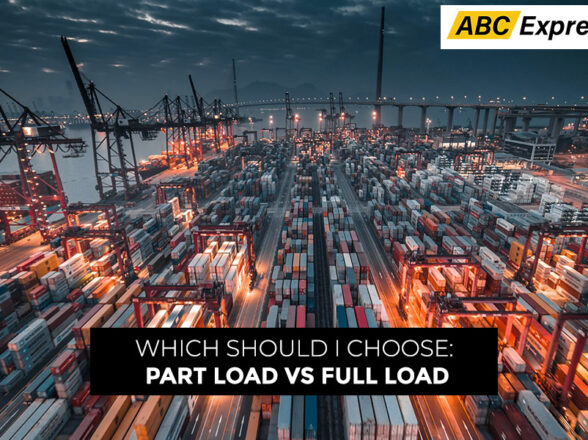What is Transportation Glossary – From POD to Full Truck Load
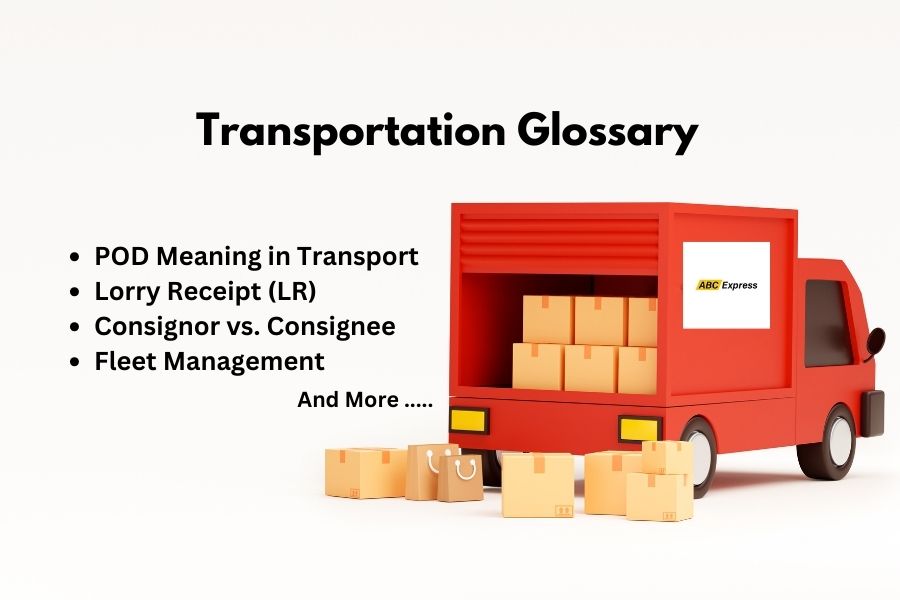
Introduction
Ever heard a logistics manager say, “Send the POD after updating the AR” and wondered if they’re speaking another language? You’re not alone! The logistics world is packed with terms that sound like secret codes. But don’t worry—this transportation glossary is here to crack them for you.
Whether you’re a business owner shipping goods, a student exploring supply chains, or just curious about how your online orders reach you, this guide will simplify terms like lorry receipt, consignor vs. consignee, and full truck load. Let’s demystify the jargon and help you speak logistics fluently.
What is a Transportation Glossary?
A glossary of transportation term is your go-to dictionary for all things logistics. It’s a collection of terms, abbreviations, and phrases used in moving goods from point A to point B. From basic definitions like transportation services to niche terms like indent, this glossary bridges the gap between confusion and clarity.
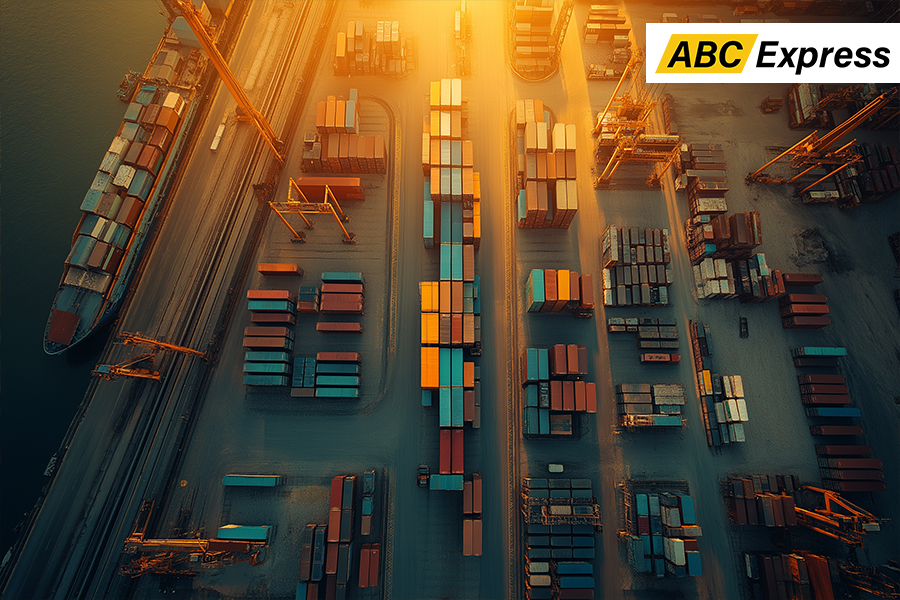
Why does it matter? Imagine a farmer in Punjab shipping mangoes to Mumbai. If they don’t understand the lorry receipt or POD requirements, delays or losses could occur. A transportation glossary empowers everyone—shippers, transporters, and customers—to stay on the same page.
Why Learn the Transportation Glossary?
- Avoid Costly Errors
Mixing up full truck load (FTL) and part truck load (PTL) could mean paying for unused space or overloading a truck. - Improve Communication
Working with logistics companies in India? Terms like AP/final payment or AR/amount pending are critical for billing clarity. - Boost Efficiency
Knowing what a freight forwarder does or how fleet management works helps you pick the right partners. - Solve Disputes Faster
A missing POD (Proof of Delivery) can lead to “He said, she said” scenarios. Proper documentation saves the day!
Key Terms from the Transportation Glossary
Let’s break down the terms you’ll hear daily in logistics:
1. Transportation Services
What it means: Services involved in moving goods via road (trucks), rail, air, or sea. For example, logistics companies in India might offer multimodal transportation (using trains + trucks) for faster delivery.
Why it matters: Choosing the right mode (like air for urgent shipments vs. sea for bulk) affects cost and speed.
2. POD (Proof of Delivery)
POD meaning in Shipping is very simple. A primarily paper-based document, often prone to errors, delays, and even loss.
What it means: A document confirming that goods reached the buyer. It includes the receiver’s signature, date, and time.
Why it matters: Without a POD, sellers can’t prove delivery, leading to payment delays or disputes.
3. Lorry Receipt (LR)
A Good Knowledge about Lorry Receipt is very Important. Enter the lorry receipt (LR)—a simple yet powerful document that keeps the wheels of logistics turning
What it means: A receipt issued by the truck driver when goods are loaded. It acts as temporary proof of ownership during transit.
Why it matters: In India, LR is legally recognized and used to track consignments or claim insurance in case of accidents.
4. Freight Forwarder
What it means: A middleman who organizes shipments for businesses. They handle customs, paperwork, and partner with airlines/shipping lines.
Why it matters: Freight forwarders simplify international shipping—perfect for exporters in India working with global clients.
5. Consignor vs. Consignee
- Consignor: The party sending goods (e.g., a smartphone manufacturer).
- Consignee: The party receiving goods (e.g., a retail store).
Why it matters: Mixing these up on invoices or LRs can cause delivery chaos!
6. Third-Party Logistics (3PL)
What it means: Outsourcing logistics operations (warehousing, delivery) to external providers. Companies like Delhivery or Blue Dart are popular 3PLs in India.
Why it matters: 3PLs save businesses from investing in trucks, warehouses, or staff.
7. Fleet Management
What it means: Managing a company’s vehicles (trucks, vans) to optimize fuel, maintenance, and driver schedules.
Why it matters: Efficient fleet management reduces costs and breakdowns. For example, Mahindra Logistics uses GPS tracking for real-time updates.
8. Indent
What it means: A formal purchase order placed by a buyer to a supplier, specifying goods to be transported.
Why it matters: Indents help suppliers plan inventory and transportation in advance.
9. AP/Final Payment
What it means: Accounts Payable (AP) refers to the final payment a company owes to vendors or logistics partners after services are rendered.
Why it matters: Delayed AP can strain relationships with transporters or lead to halted services.
10. AR/Amount Pending
What it means: Accounts Receivable (AR) is the amount pending from customers for services provided.
Why it matters: High AR indicates unpaid invoices—a cash flow headache for logistics companies.
11. Broker
What it means: A mediator who connects shippers with transporters. Brokers earn commissions for matching cargo with trucks.
Why it matters: Brokers help small businesses find affordable transportation services without long-term contracts.
12. Full Truck Load (FTL)
What it means: Booking an entire truck for one consignment. Ideal for large, urgent shipments.
Why it matters: FTL is faster but costlier than PTL.
13. Part Truck Load (PTL)
What it means: Sharing truck space with other shipments. Cheaper but slower.
Why it matters: PTL works for small businesses with budget constraints.
How Logistics Companies in India Use These Terms
India’s logistics sector thrives on these terms! Here’s how:
- POD Digitization: Companies like Ecom Express use e-PODs to speed up e-commerce deliveries.
- Broker Networks: Startups like BlackBuck connect shippers with truckers via apps, using terms like FTL and PTL.
- AR/AP Automation: Firms like Gati use software to track pending payments (AR) and clear dues (AP) faster.
Conclusion
Mastering the transportation glossary isn’t just for logistics pros—it’s for anyone who wants to ship smarter, save costs, and avoid misunderstandings. From decoding the POD meaning in transport to negotiating with freight forwarders, these terms are your toolkit for navigating the supply chain.
Check out the – Truck transportation charges in India
Next time you hear “Update the AR after the FTL shipment,” you’ll know exactly what to do. Bookmark this guide, share it with your team, and watch how a little jargon goes a long way in streamlining your logistics.
FAQ’s
What is a Transportation Glossary and Why is it Important?
A Transportation Glossary is a collection of terms and definitions related to the transportation and logistics industry. It helps professionals understand key jargon and technical language, making it easier to navigate daily operations. A Glossary of Transportation Terms typically includes terms like "freight forwarding," "cargo handling," and "shipping routes.
How is Transportation Defined in Logistics?
In logistics, Transportation refers to the process of moving goods or services from one location to another. It's a core part of the supply chain and involves various transportation modes, such as road, rail, air, and sea. Transportation services play a vital role in ensuring goods are delivered on time and in good condition.
Which are the Best Logistics Companies in India?
India is home to many leading logistics companies offering excellent Transportation services. Some of the best logistics companies in India include ABC Express, Blue Dart, Gati, Safexpress, and TCI Express. These companies offer comprehensive logistics solutions such as warehousing, transportation, and supply chain management.
What Does POD Mean in Transportation?
In the logistics and transportation industry, POD stands for Proof of Delivery. It's a document signed by the recipient to confirm that goods have been delivered successfully and in good condition. POD is an essential part of the transportation services process, often used for verification and resolving delivery disputes.
What is a Lorry Receipt in the Transportation Industry?
A Lorry Receipt (LR) is an important document issued by a transporter to acknowledge the receipt of goods for transportation. It serves as proof that the goods are handed over to the transporter. The Lorry Receipt includes details like the consignor and consignee's names, type of goods, and destination, playing a critical role in the transportation and logistics process.

